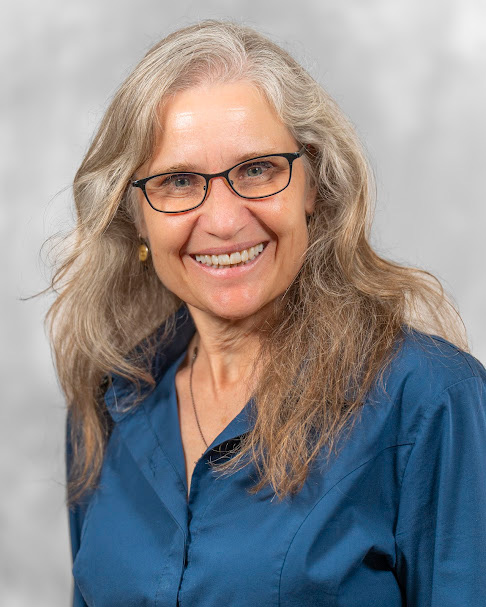Research
The faculty members in the department of communication sciences and disorders at the University of Houston conduct research on various areas of human communication and disorders. Their research investigates the speech, language and hearing patterns of various populations. To learn more about each of our faculty's research programs, please read the information below and visit the individual faculty webpages. For specific information about research in ComD, please contact the faculty member or members whose research matches your interests.
Margaret Lehman Blake, Ph.D., CCC-SLPThe right side of the brain plays an important role in communication, primarily in expressing and understanding intended meaning within a given context. Apragmatism is a disorder of cotenxt-dependent communication associated with damage to the right side of the brain (RHD). Current projects include (a) operationally defining RHD disorders including characteristics of specific impairments and patterns of co-occurrence, conducted in collaboration with the ANCDS RHD Writing Group and the International Right Hemisphere Collaborative and (b) examining the incidence and effects of Theory of Mind in acute through chronic stroke, funded by the NIH/NIDCD and conducted in collaboration with Tatiana Schnur at Baylor College of Medicine. Recovery of Language and Theory of Mind after Stroke. For more information, see Professor Blake's faculty page and her curriculum vitae. |
|
Ferenc Bunta, Ph.D.The main focus of Ferenc Bunta, Ph.D.’s research is on bilingual and cross-linguistic phonological acquisition in children with typical speech, language and hearing and their peers with communication disorders (such as children with hearing loss who use cochlear implants). His work has been funded by the NIH/NIDCD, department of education and the Spencer Foundation. Bunta has taught courses on phonetics, phonology, speech and language acquisition, bilingual language development and speech science. For more information, please see Professor Bunta's faculty page and curriculum vitae. |
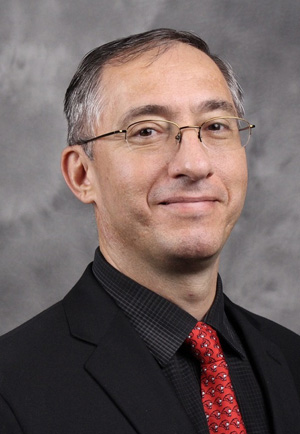 |
Anny Castilla-Earls, Ph.D.Anny Castilla-Earls' primary interests are language assessment and disorders in Spanish-speaking monolingual and bilingual children. Her current research is oriented to a) find grammatical markers of language impairments that are accurate and stable across various levels of bilingual proficiency, b) examine current assessment practices in monolingual and bilingual children and c) promote the systematic use of research-based practices in clinic and educational settings. For more information, please visit Professor Castilla-Earls’ lab page, as well as her faculty page and curriculum vitae. |
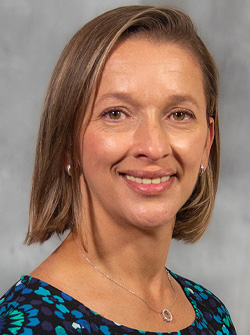 |
Stephanie Daniels, Ph.D., CCC-SLPStephanie Daniels’ research, funded by the Department of Veterans' Affairs, is focused on neurogenic dysphagia, primarily stroke. She has pursued an understanding of the neural underpinnings of swallowing and stroke-related dysphagia and developing and validating a swallowing screening tool for suspected stroke. Current projects in continued collaboration with her colleague, Jane Anderson, Ph.D. at the Michael E. DeBakey VA Medical Center are focused on developing a reliable telepractice model for the clinical swallowing examination. For more information, see Professor Daniels’ faculty page and curriculum vitae. |
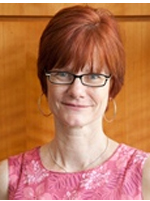 |
Heather Dial, Ph.D.Heather Dial’s research focuses on the cognitive and neural processes supporting speech perception and language comprehension, as well as how these processes are impacted in stroke-induced and primary progressive aphasia. She has used a wide variety of methods to investigate questions of interests. Her current projects utilize electroencephalography (EEG), natural language processing and machine learning to examine neural encoding of acoustic and linguistic features of naturalistic, continuous speech (e.g., audiobook, podcast) in individuals with and without aphasia. In this work, she examines the relation between performance on traditional, constrained speech and language tasks (e.g., minimal pairs discrimination, single picture-word matching) and more naturalistic, ecologically valid tasks (e.g., listening to an audiobook). The findings have implications for clinical characterization of individuals with aphasia as well as the potential to serve as a biomarker for differential diagnosis. In addition, she is working with the Noninvasive Brain-Machine Interface Systems Lab (PI: Pepe Contreras-Vidal, Ph.D.) to develop a brain-computer interface (BCI) for decoding spoken language. The long-term goal of this project is to develop a BCI capable of decoding imagined language, which can be used as assistive technology for individuals who cannot produce speech on their own. Research projects in development are geared toward improving speech perception and language comprehension in individuals with aphasia using an app-based speech-language intervention and transcranial alternating current stimulation. For more information, please view Professor Dial’s lab page as well as her faculty page and curriculum vitae. |
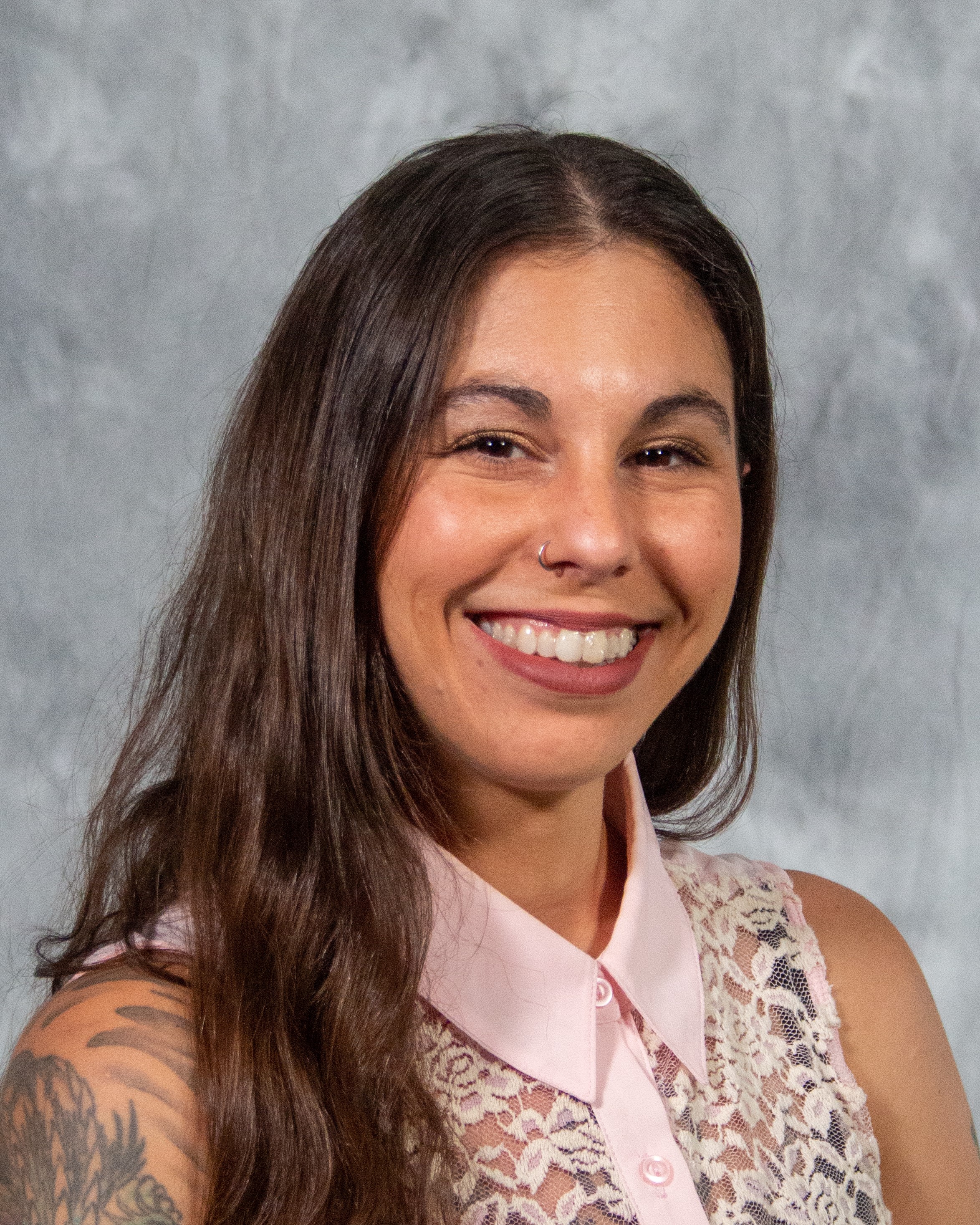 |
Ashwini Joshi, Ph.D., CCC-SLPAshwini Joshi’s research interests are in developing evidence-based assessments and treatments for voice disorders. The two primary foci of her current research are identifying low-cost assessment tools for voice disorders and developing an evidence-based protocol for rehabilitation after vocal fold surgery for benign lesions. A new grant from the National Institute of Health will allow for the measurement of patient compliance towards current post-surgical protocols. For more information, see Professor Joshi's faculty page and curriculum vitae, and her website. |
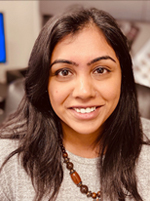 |
Monique T. Mills, Ph.D., CCC-SLP, BCS-CLMonique Mills’s research centers on narrative assessment and code-switching in school-age speakers who are bidialectal — having facility with both African American English (AAE) and Mainstream American English (MAE). Current projects include the following: (a) determining the impact of AAE dialect density and narrative type on adult ratings of the integrity of children’s narration, (b) identifying eye-gaze pattern profiles in bidialectal speakers with- and without developmental language disorders and (c) determining relationships among social capital, social class, and children’s narration. Professor Mills works with students in the Child Language Ability as well as collaborators at UH and at other universities. She employs multiple methods to answer research questions such as experiments, ethnographic case studies, audiotaped language samples, focus groups, norm-referenced tests, surveys and qualitative interviews. For more information, see Professor Mills's faculty page, lab page, curriculum vitae, and website Supporting Black Children's Language, Literacy, & Joy. |
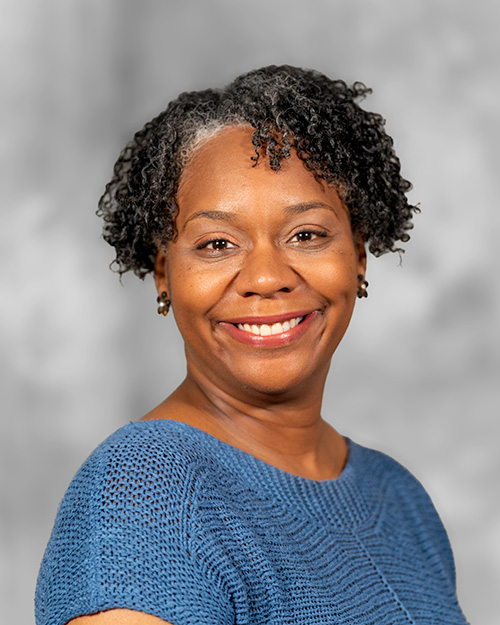 |
Seoung Hoon Park, Ph.D.Seoung Hoon Park’s research focuses on 1) underlying neurophysiological mechanisms for deficient motor control and learning in elder adults and individuals with neurological diseases such as stroke, spinal cord injury, and cerebral palsy, 2) developing novel rehabilitation tools and protocols for improving their functional motor control with emphasis on walking, balance, and swallowing, and 3) behavioral and neural changes in response to rehabilitative interventions. For more information, see Professor Park's faculty page and curriculum vitae. |
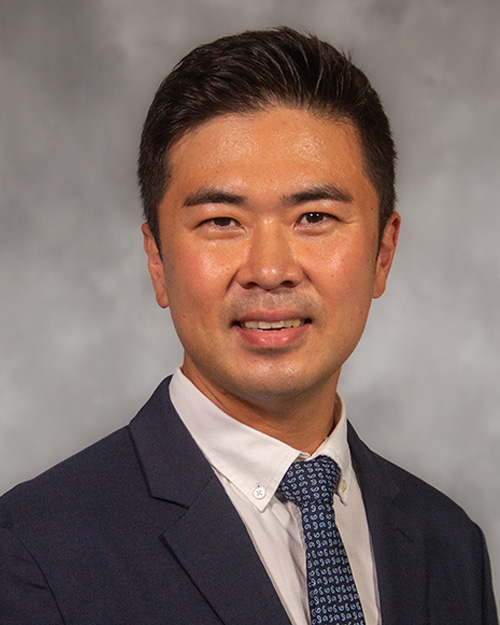 |
Amber Thiessen, Ph.D., CCC-SLPAmber Thiessen's research focuses on creating effective augmentative and alternative communication (AAC) displays for adults with acquired brain injuries and other neurological conditions and improving treatment outcomes through communication partner/facilitator training. Her current research projects focus on measuring the visual attention patterns of adults with traumatic brain injury and aphasia when viewing grids and visual scene images. For more information, see Professor Thiessen’s faculty page and curriculum vitae. |
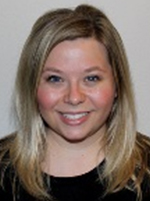 |
Austin Thompson, Ph.D., CCC-SLPFor many individuals living with various neurological disorders, their speech intelligibility and, subsequently, their quality of life are diminished by dysarthria, a neurological speech disorder affecting speech execution. Austin Thompson’s research focuses on diagnosing and treating individuals with motor speech disorders, particularly dysarthria. He employs acoustic and kinematic methods, such as electromagnetic articulography and ultrasound, to investigate the speech characteristics of individuals with and without dysarthria. As a clinician, Austin recognizes the limitations in current treatment approaches for motor speech disorders. His ultimate career goal is to develop effective and personalized treatment techniques for individuals with dysarthria. Moreover, his research aims to be inclusive by studying speakers with diverse linguistic backgrounds. To achieve these objectives, his research revolves around three main areas: (1) exploring speech characteristics using a multidimensional approach, encompassing perceptual, acoustic, and kinematic domains, (2) applying acoustic and kinematic data for clinical applications, and (3) investigating the impact of language and dialect differences on speech in individuals with and without dysarthria. For more information, view Austin Thompson’s faculty page and curriculum vitae, and his website https://speak-lab.com/. |
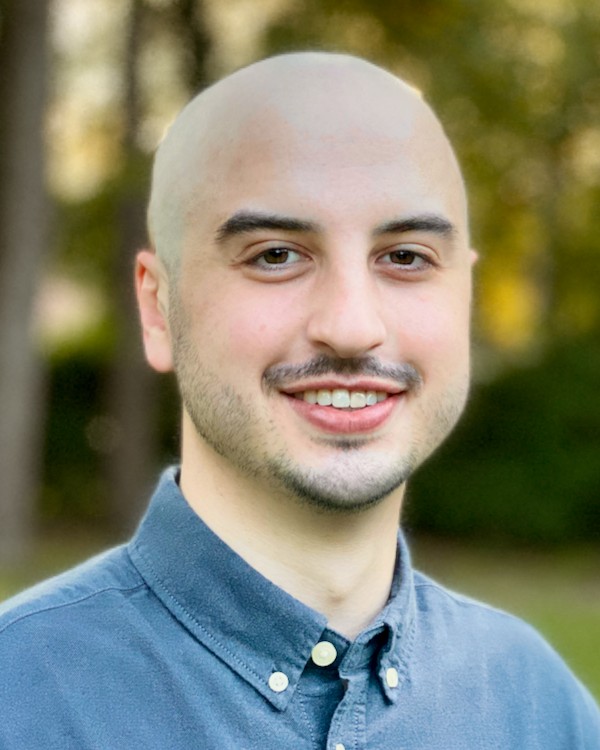 |
Camille J. Wynn, Ph.D., CCC-SLPEngaging in successful conversation is not a simple process. During conversation, partners participate in a rhythmic and dynamic interplay, continually altering their speech behaviors and coordinating these actions with one another. In her research, Dr. Wynn investigates when and how children and adolescents develop the ability to coordinate their speech with others. Further, she explores how disruptions in speech coordination impact the interactions of individuals with communication disorders. In particular, Dr. Wynn is interested in exploring differences in the speech coordination patterns of neurotypical and autistic adolescents. For more information, see Professor Wynn’s faculty page, lab page, and curriculum vitae. |
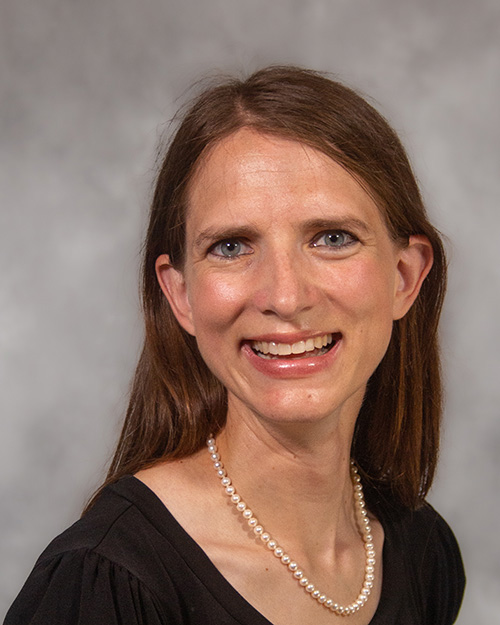 |
